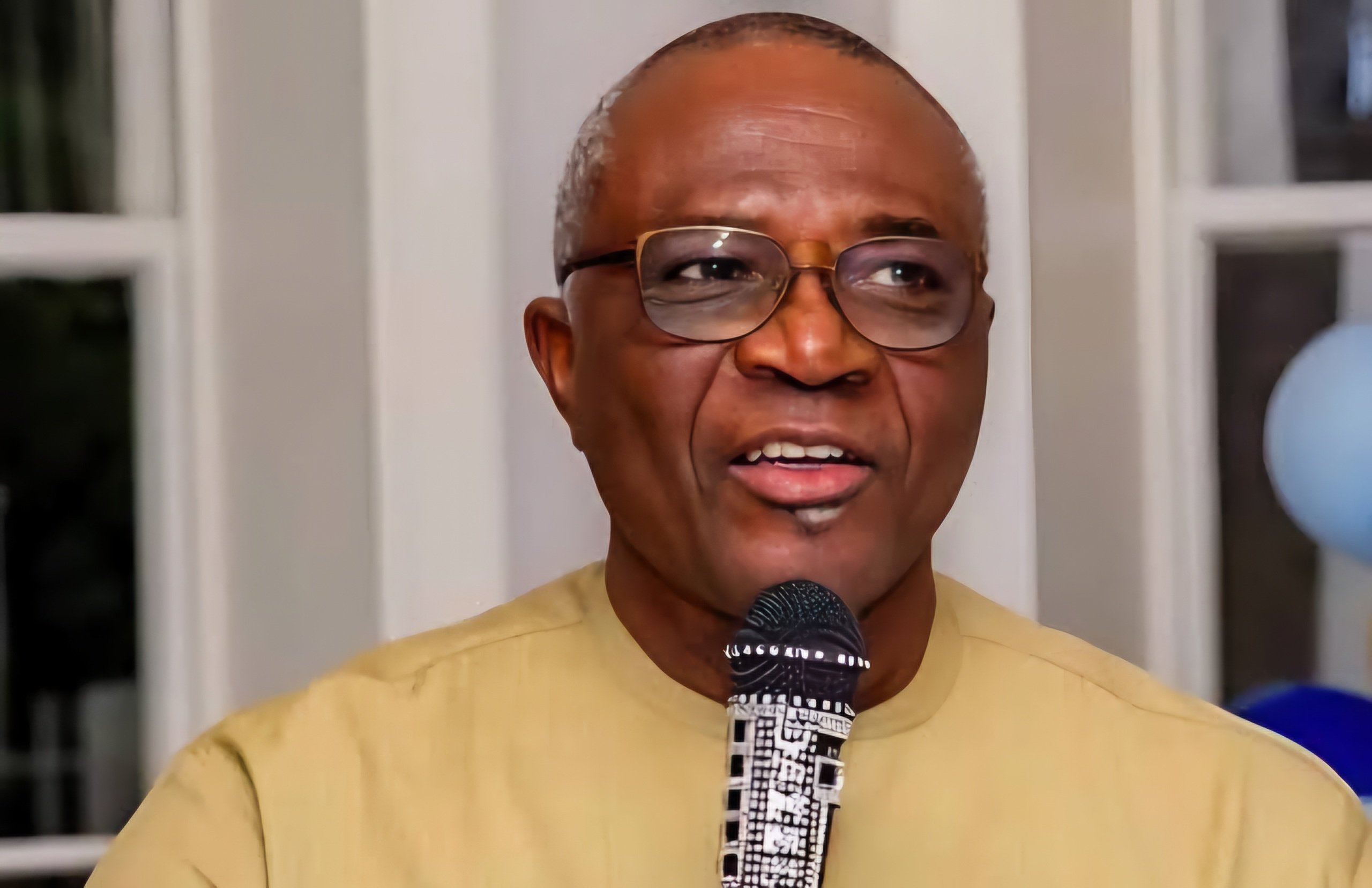West Africa: Economic Unity Now, Says Tinubu
The Chairperson of the Economic Community of West African States and President of Nigeria, Bola Tinubu, has called on West African nations to urgently pursue economic unity, policy alignment, and aggressive investment to secure a prosperous future for the region.
Speaking on Saturday at Day 2 of the West African Economic Summit in Abuja, Tinubu stressed that the time for symbolic gestures had passed and that regional leaders must now deliver tangible outcomes.
“Your presence here signals our shared commitment to shaping a new economic future for our region. We gather at a decisive moment.
“Today is not about celebrating how far we have come, but forging a new path that leaves behind fragmentation amidst opportunities, and moves forward towards deeper integration, collective action, and shared prosperity.”
The president warned that West Africa could not afford to waste time or depend solely on international partners.
“The global economy will not wait for West Africa to get its act together. Nor should we.
“Rather than competing in isolation or relying on external partners, we must together strengthen our regional value chains, invest in infrastructure, and coordinate our policies,” he said.
Tinubu lamented that inter-regional trade remains under 10 per cent, describing it as “not due to a failure of will, but a failure of coordination.”
Calling attention to the region’s youth, he stated, “Our region’s greatest asset is its youthful population. However, this demographic promise can quickly become a liability if not matched by investments in education, digital infrastructure, innovation, and productive enterprise.”
He gave examples of Nigeria’s efforts, saying, “Nigeria invests in skills development, digital connectivity, and youth empowerment. But no one country can do this alone.
“Our prosperity depends on regional supply chains, energy networks, and data frameworks. We must design them together, or they will collapse separately.”
Highlighting the need for practical execution, he declared, “We must move from declarations to concrete deals, from policy frameworks to practical implementation.”
Tinubu also stressed the need to process raw materials locally and build domestic manufacturing capacity.
“It is not enough to be resource-rich. We must become value chain smart and invest in local processing and regional manufacturing. The era of one pit to the port must end,” he said.
He concluded with a rallying call, “Let us emerge from this summit with actionable outcomes, a renewed commitment to ease of doing business, enhanced inter-regional trade, improved infrastructure connectivity, and innovative ideas that move our people from poverty to prosperity.
“Let us build a West Africa that is investable, competitive, and resilient. One that lives with vision, responsibility, and unity of purpose. This is the new West Africa proposition. Let us make it real and bankable.”
Also speaking at the summit, the Minister of Foreign Affairs, Yusuf Tuggar, emphasised historical context, free markets, and a pragmatic outlook on governance and private sector cooperation.
“Our purpose today is to reset the vision for the economic future of the West African region. Now, that is quite an ambitious target.
“And let’s be honest, it is up to the creative talents, enterprise, and ingenuity of our people to deliver that transformation,” Tuggar said.
He argued that the government should serve as a facilitator, not a central actor, “Governments and organisations are at their best when they realise the limits of their influence and power.
“So we are here today to build on that enabling environment. We’re not reinventing the wheel.”
He described the gap in intra-African trade as a serious weakness.
“Let us not forget that in 2024, West Africa exported goods valued at over $166 billion. Yet, only 8.6 per cent of that trade remained within our borders.”
He identified a key issue, “The trajectory is untenable, and the issue is not just capacity, but orientation.
“We know what economists call the informal sector finds ways to deliver what the market wants, bypassing borders and regulations when they’re too slow and bureaucratic.”
The minister urged regional governments to provide the conditions that allow the private sector to thrive.
“Let’s stop outsourcing the future and take back control of our destiny. We want this summit to show that West Africa can deliver the space where government, industry and other stakeholders can meet and make deals without having to transplant ourselves to shivering one summit or another in wintry Benin. It is good to talk, but better still to deliver.”
Tuggar also challenged global narratives about resource monopolies. “I read a couple of weeks ago in an American newspaper that China had a monopoly on some of the rare minerals vital to the new industry in which the future will be built. Not so. We have those same minerals here in Nigeria and across the region.”











